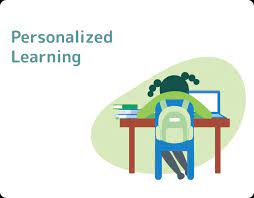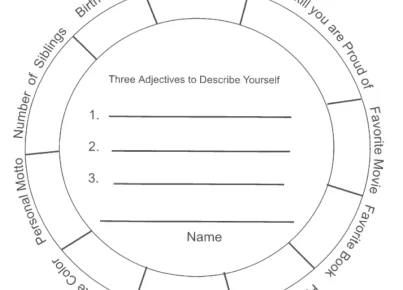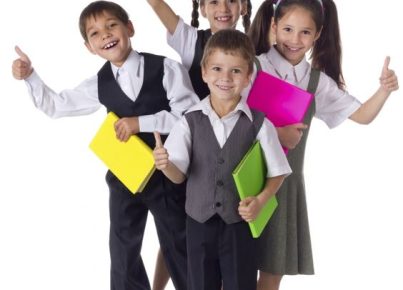Introduction
Personalised learning has been gaining traction as a critical approach to enhance and modernize teaching methods. The Department for Education and Skills (DfES) recognizes its importance in fostering an inclusive and effective learning environment for students. In this article, we will delve into the concept of personalised learning, its benefits, and the DfES’s perspective on its implementation.
What is Personalised Learning?
Personalised learning is an educational approach that caters to the diverse needs, talents, and interests of individual students. This teaching method accommodates different learning styles and paces, creating a tailored experience that empowers students to take ownership of their education journey.
The Benefits of Personalised Learning
1. Improved Academic Performance: By addressing each student’s unique learning requirements, personalised learning enables them to progress at their own pace, often resulting in improved academic performance and increased engagement.
2. Enhanced Well-being: Personalised learning can also positively impact students’ mental health, as it fosters a sense of autonomy and self-esteem by enabling them to learn at their own pace without falling behind or feeling overwhelmed.
3. Integrated Support Systems: A personalised education approach acknowledges the need for additional support beyond academic content. Schools implementing this method often provide a variety of resources such as career guidance, mental health services, and extracurricular opportunities.
4. Increased Teacher Effectiveness: With this tailored approach, educators can better understand their students’ needs and strengths. As a result, they are better equipped to guide and support each student’s progress.
The DfES Perspective on Personalised Learning
The DfES acknowledges the importance of personalised learning as an essential part of modern education systems. Its view on implementing this approach consists of the following key components:
1. Providing Quality Resources: Ensuring that schools have access to up-to-date resources such as technology tools, teaching materials, and teacher training is crucial for implementing personalised learning strategies effectively.
2. Teacher Empowerment: Enabling educators to be decision-makers and creative leaders in personalising their student’s learning experience is a priority for the DfES. Consequently, teaching professionals are encouraged to explore innovative ways of meeting student needs, tailoring content, and using data to inform their instruction.
3. Empathy and Inclusion: The DfES emphasizes the need for empathy among educators so they can foster a supportive, inclusive learning environment. Acknowledging students’ diverse backgrounds, abilities, and challenges is essential for educators to establish a personalized approach.
4. Collaborative Communities: The DfES encourages schools to break down traditional educational silos by enabling cross-curricular learning that promotes collaboration among teachers, students, and the broader community.
Conclusion
The Department for Education and Skills acknowledges the potential of personalised learning as a vital enabler for today’s students in a rapidly changing world. By promoting an inclusive environment that empowers both educators and students, the DfES aims to facilitate the successful implementation of this promising approach in educational institutions across the nation.





